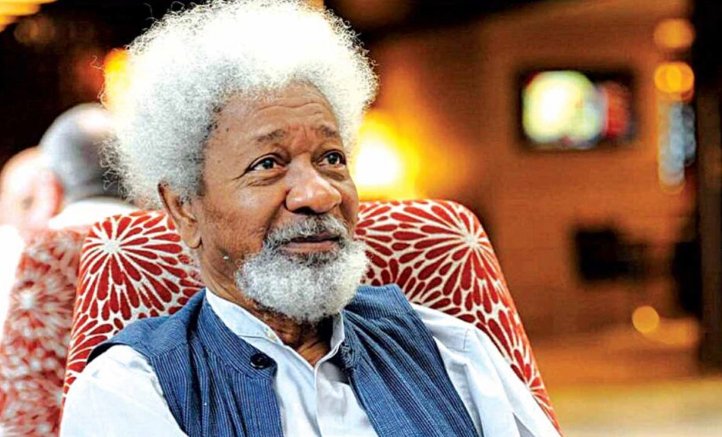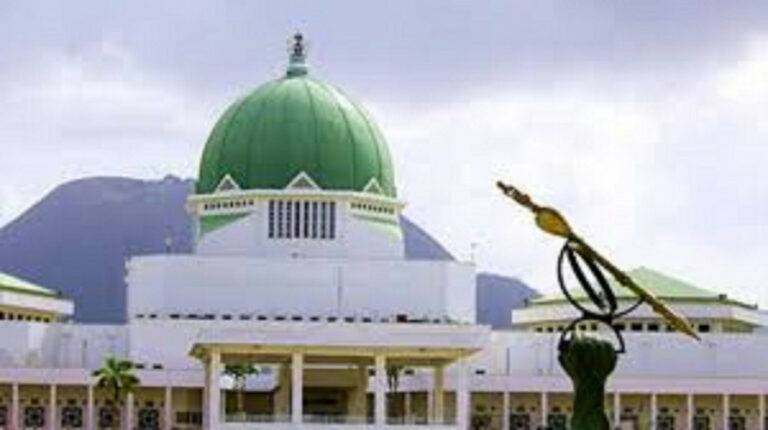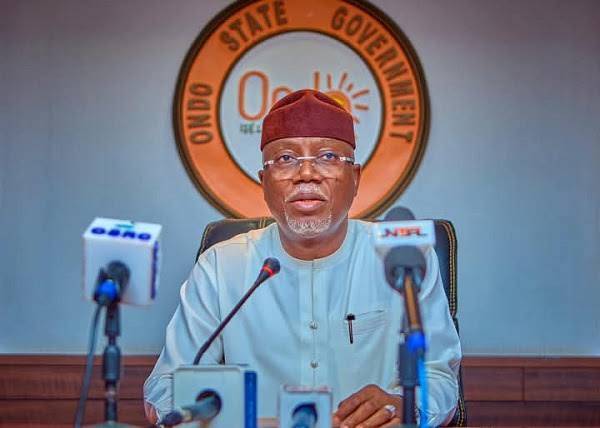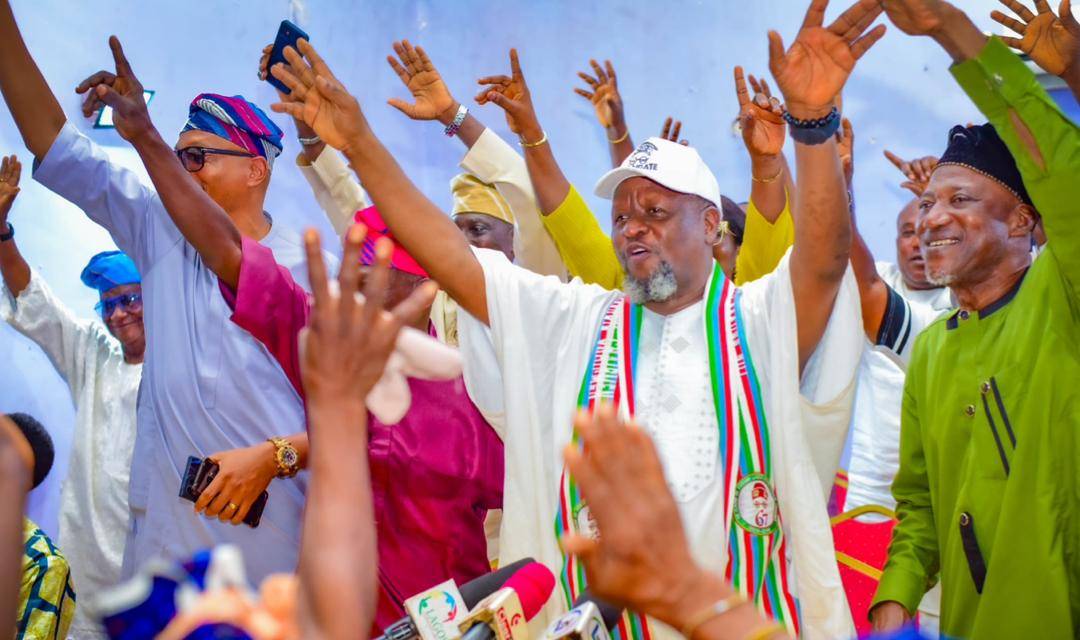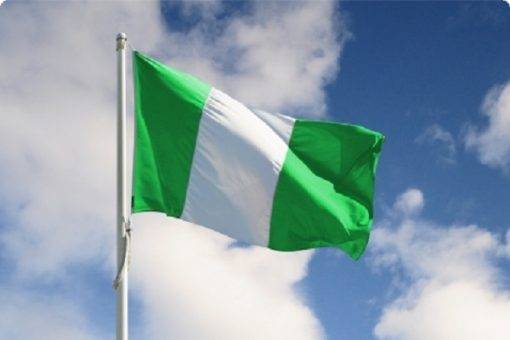By Lekan Alabi
No doubt, Akinwande Oluwole Soyinka is a big elephant in a forest of hope to generations of men and women across the globe. The part of the elephant you touch depends on what he stands for and against, in any particular socio-political settings.
To the pre-colonial generation, Soyinka “was anti-elitism and anti-colonial mentality,” with a deliberate message against a cultural reorientation and indoctrination that lazy minds largely tag as cultism.
To the post-colonial generation, Soyinka was a torn in the flesh of pseudo-democratic rulers, military dictators and their civilian collaborators.
To the generation of the apartheid regimes, Soyinka deployed all his God-given gifts against these regimes that socialised and related to others on the basis of skin colour.
The whole essence of Soyinka, right from the Ake era till date is justice and humanity.
In celebrating Soyinka at 90, it will not serve any useful purpose to regurgitate Soyinka’s odyssey, which has been over-flogged in books, seminars, plays, music, lectures, symposia and literary criticism by cultural activists, policy makers, scholars and students alike.
“The Mystery Gunman,” through his roles in history, particularly in the political turmoil of the defunct Western Region of Nigeria, in the First Republic, which resulted in Operation Wetie that enveloped the West, displayed an uncommon courage against the fascistic tendency of the political class.
The singular act of demystification of the instrument of state, created young agitators against the election riggings and riggers, political violence and repression.
It is historically correct to state that Soyinka is a man of conscience who sees humanity as one without a toga of ethnic colouration. This position was noticeable during the Nigerian Civil War.
While some revered scholars became megaphones of the war, Soyinka took to the path of humanity and decency by rigorously campaigning against the war mongers on both sides, which led to his incarceration by the military junta.
Of course, the unusual life threatening but noble venture encouraged his followers of the possibility of another force/movement which mobilised against the war.
It is not a hyperbole to call Professor Soyinka the Pride of Africa since he has been leading from the front against the abuse of power, military dictatorships and ‘sit tightism’ of African rulers, alongside human rights abuses, and the struggle against racial discriminations in Nigeria and other African countries.
This service to humanity has goaded generations of old and young people who look up to him as their role model, deservedly.
It is important to state that Soyinka was the arrowhead of the struggle against the liquidation of the military dictatorship in Nigeria. He took the de-annulment of the 12 June 1993 election to the global limelight, with all the risks involved.
No wonder that Henry Louis Gates, jnr. says that, “If the spirit of African democracy has a voice and a face, they belong to Wole Soyinka.” I couldn’t agree more.
His scholarly exploits in literature was crowned in 1986 when he became the first African Winner of the Nobel Prize for Literature. The significance of this award was an upsurge of youths and young persons in Nigeria who developed the love for literature, human rights activism and the campaign for an open society.
The institutionalisation of the essence of Wole Soyinka is the best way to appreciate his sacrifice for a just cause on earth. It is highly commendable to note that the promoters of the Wole Soyinka Centre for Investigative Journalism, among other public-spirited organisations taking on the identity of the man of all seasons, are paying the debt on our behalf.
At 90, the son of “Wild Christian” stands tall, fit as a fiddle, and lives the life of a colossal crusader against oppression in any part of the world.
•Alabi is a legal practitioner and consultant.


